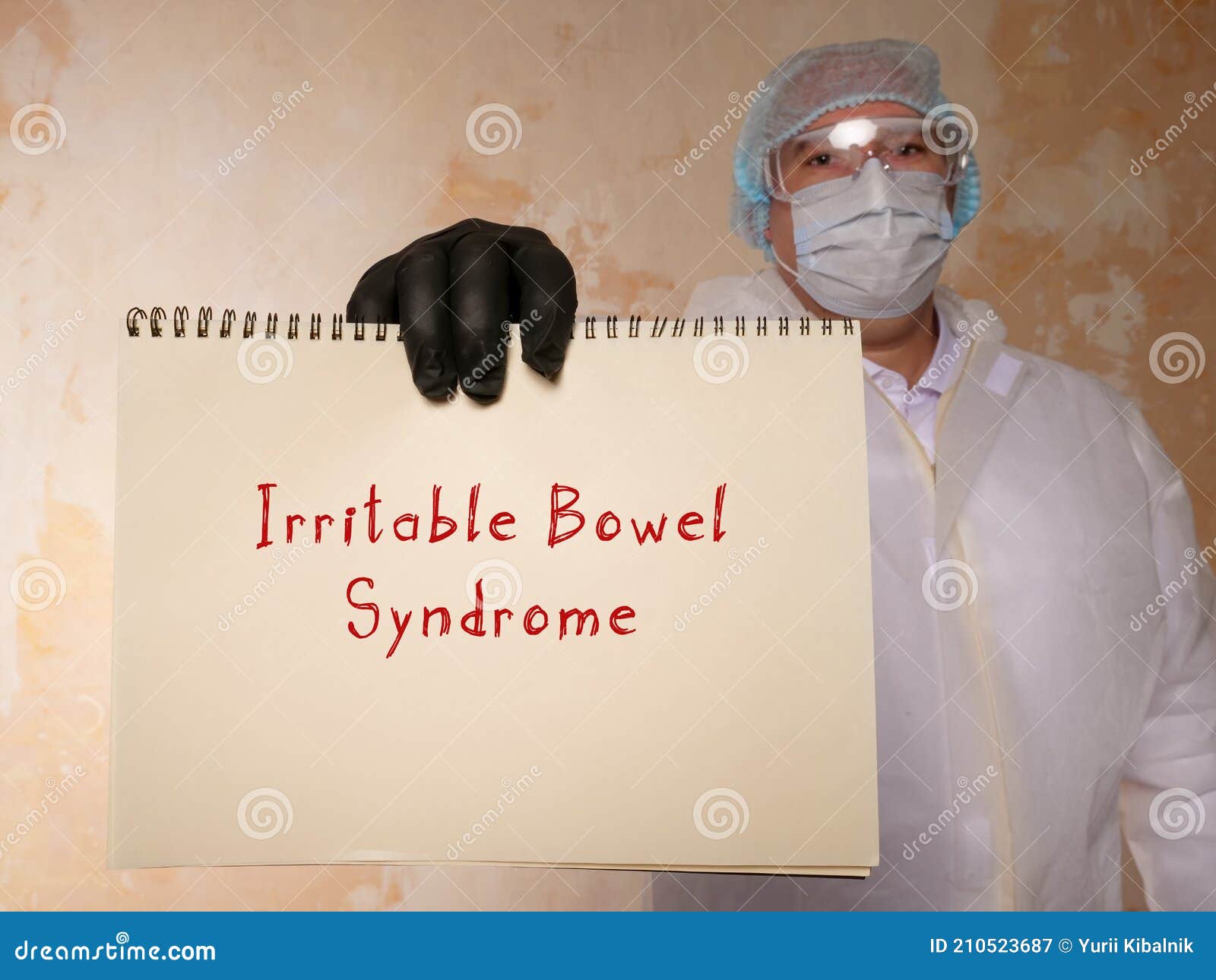

Other strategies that may reduce your IBS symptoms include: For some people these can trigger symptoms of IBS. These are the chemical names for different sugars that are poorly absorbed in the gut. FODMAP is short for Fermentable Oligosaccharides, Disaccharides, Monosaccharides, and Polyols. Sometimes, a low FODMAP diet may be recommended for you.

nutritional supplements such as fibre and probiotics.prescription medicines and over-the-counter medicines, including anti-depressants, antibiotics, laxatives and anti-diarrhoeal medicines.Other treatment options that may help you include: A dietitian can make sure you don’t miss out on any key nutrients while you are trying to identify and exclude foods that trigger your IBS.

Diet and lifestyle changes are often the best long term strategy to relieve your symptoms. There are a wide range of treatment approaches available for IBS. If you’ve been experiencing IBS symptoms for at least 6 months and these tests are all normal, then your doctor may diagnose you with IBS. endoscopic investigations such as sigmoidoscopy or colonoscopy.Your doctor may rule out these conditions by referring you for investigations such as: This means that your doctor can only diagnose IBS after ruling out other conditions that could be causing your symptoms. How is irritable bowel syndrome diagnosed?
#Ibs meaning professional#
IBS does not cause these symptoms, so it is important that a health professional assess you to exclude a more serious condition.įIND A HEALTH SERVICE - The Service Finder can help you find doctors, pharmacies, hospitals and other health services.ĪSK YOUR DOCTOR - Preparing for an appointment? Use the Question Builder for general tips on what to ask your GP or specialist.
#Ibs meaning how to#
Tips on how to deal with the symptoms of IBS. What are the symptoms of irritable bowel syndrome? IBS symptoms can have a huge impact on your quality of life. IBS is a different disease from inflammatory bowel disease (IBD, including Crohn’s disease and ulcerative colitis). In IBS, medical investigations such as blood tests, endoscopy and imaging tests don’t show any abnormalities. Females are more likely than males to be affected. IBS affects around 3 out of every 10 people. This is sometimes linked to certain foods, lifestyle habits and stress levels or mood. Irritable bowel syndrome (IBS) is a common condition where you experience symptoms related to your digestive system. Related information on Australian websites.How is irritable bowel syndrome treated?.How is irritable bowel syndrome diagnosed?.What are the symptoms of irritable bowel syndrome?.What is irritable bowel syndrome (IBS)?.A dietitian can often help identify your triggers, and help you manage your symptoms.Your doctor may suggest proven treatments for IBS, including several non-medicine treatments.Your doctor will rule out other illnesses before diagnosing IBS.You may have chronic diarrhoea or constipation, or alternating diarrhoea and constipation.If you have irritable bowel syndrome (IBS), your symptoms may include abdominal pain, a bloated stomach and irregular bowel habits.


 0 kommentar(er)
0 kommentar(er)
